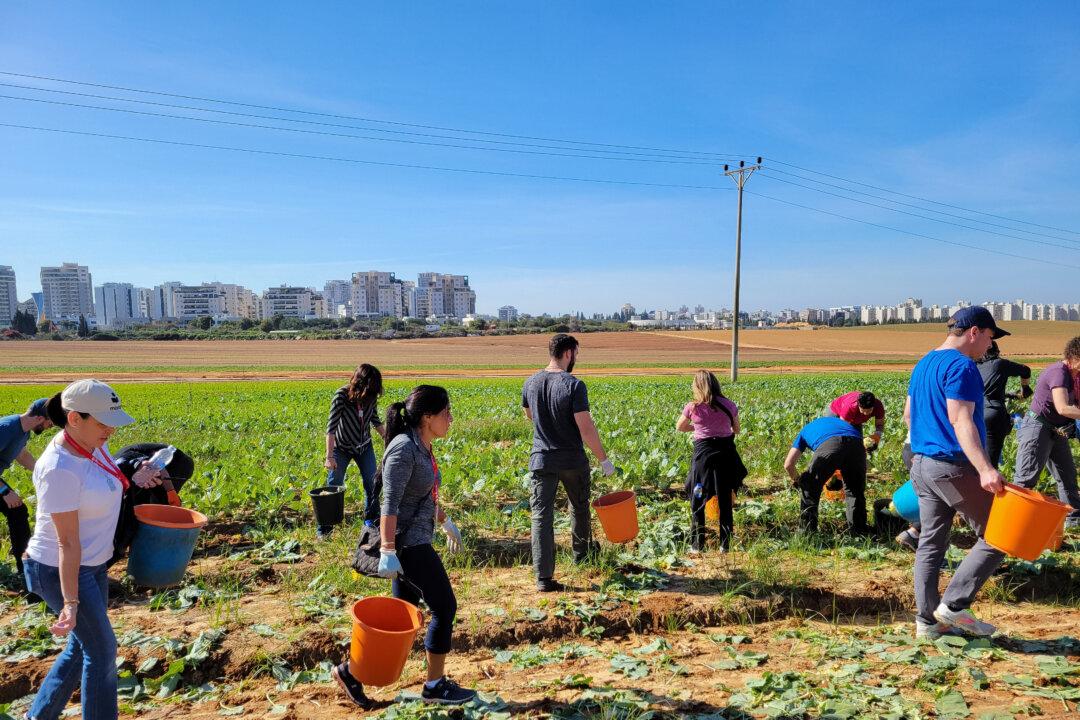Thailand’s labor ministry announced on June 24 that it would resume sending workers to Israel, potentially offering a boost to the country’s agricultural sector, which was hard hit by the Oct. 7, 2023, attack.
Almost 30,000 foreigners—including 10,000 Thais and about 10,000 to 12,000 Palestinians—worked on Israel’s farms until the Hamas attack. Some were killed, others were taken hostage, and most of the remainder fled.





